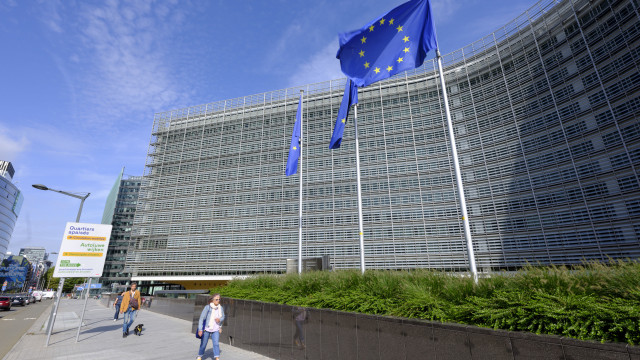The European Central Bank’s (ECB) Governing Council has decided to maintain the ECB’s three key interest rates unchanged. “Inflation remains close to the medium-term target of 2%, and the outlook for inflation assessed by the ECB’s Governing Council is largely unchanged,” the central bank stated in a released communiqué.
The ECB noted that “the economy continued to experience growth despite the challenging global environment.”
“The resilience of the labor market, the robustness of private sector balance sheets, and previous rate reductions decided by the ECB’s Governing Council remain important sources of resilience. However, the outlook remains uncertain, particularly due to ongoing global trade disputes and geopolitical tensions,” the statement continued.
Furthermore, the ECB affirmed its determination to ensure that inflation stabilizes at its 2% target over the medium term.
“A data-driven, meeting-by-meeting approach will be followed to decide the appropriate stance of monetary policy. Specifically, the ECB’s Governing Council decisions on interest rates will be based on assessments of inflation prospects and accompanying risks, in light of available economic and financial data, as well as underlying inflation dynamics and the strength of monetary policy transmission. The ECB’s Governing Council does not commit in advance to any specific rate path,” the statement added.
What are the ECB’s Key Interest Rates?
The rates for the deposit facility, main refinancing operations, and the marginal lending facility will remain unchanged at 2.00%, 2.15%, and 2.40%, respectively.
Additionally, asset purchase program (APP) portfolios and pandemic emergency purchase program (PEPP) portfolios are diminishing at a measured and predictable pace, as the Eurosystem is no longer reinvesting maturing securities’ principal payments.
“The ECB’s Governing Council stands ready to adjust all available tools within its mandate to ensure that inflation stabilizes at its 2% target over the medium term and to preserve the smooth functioning of monetary policy transmission. Furthermore, the Transmission Protection Instrument is available to counter unjustified and disorderly market dynamics that pose a severe threat to monetary policy transmission across all euro area countries, thereby enabling the ECB’s Governing Council to more effectively fulfill its price stability mandate,” the institution emphasized.
The ECB President will explain the reasons behind these decisions in a press conference at 2:45 PM (Central European Time), 1:45 PM Lisbon time.
[Updated at 1:21 PM]

The European Commissioner for Economy welcomed the European Central Bank’s (ECB) decision to move to the next phase of the digital euro, aiming for an initial issuance of this virtual currency in 2029, describing it as a “strategic opportunity.”
Lusa | 12:32 – 30/10/2025




